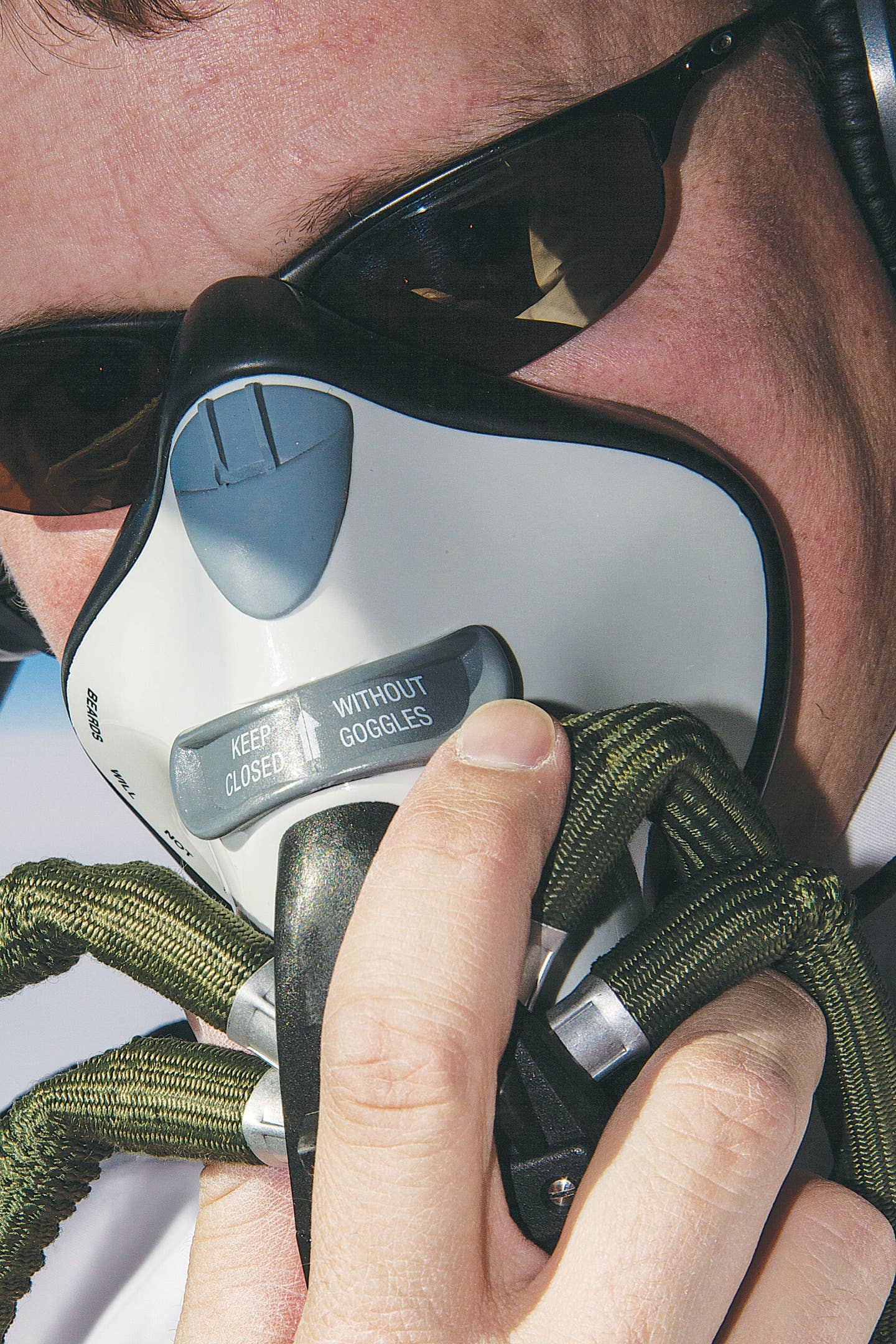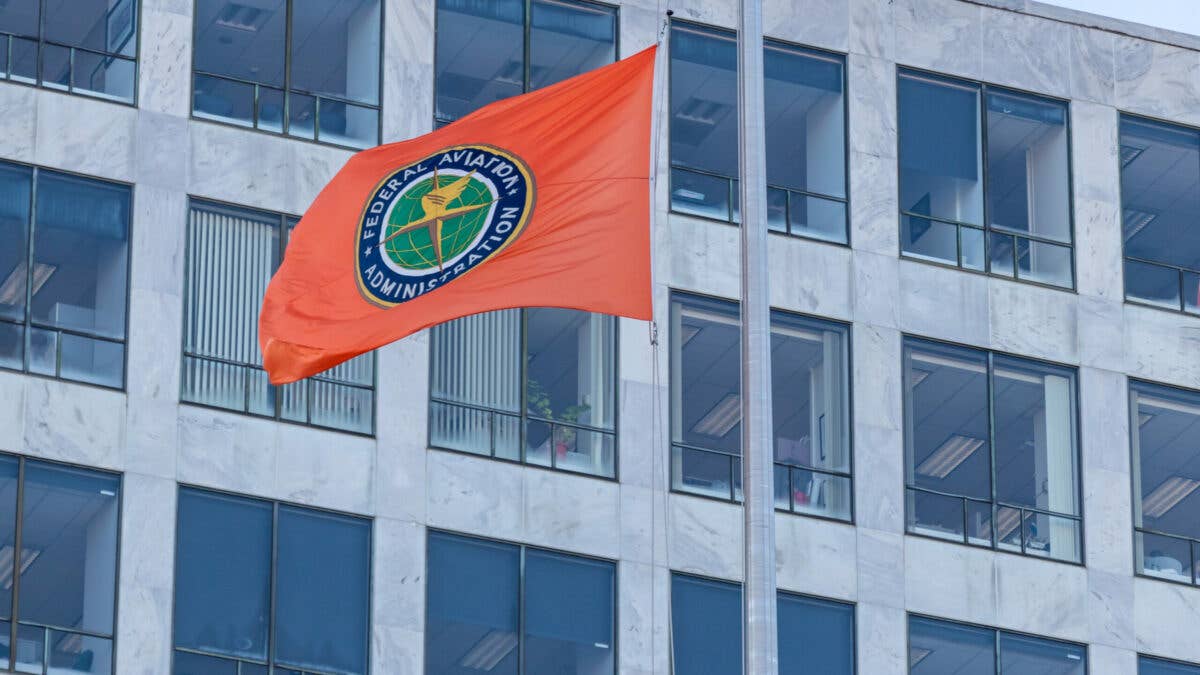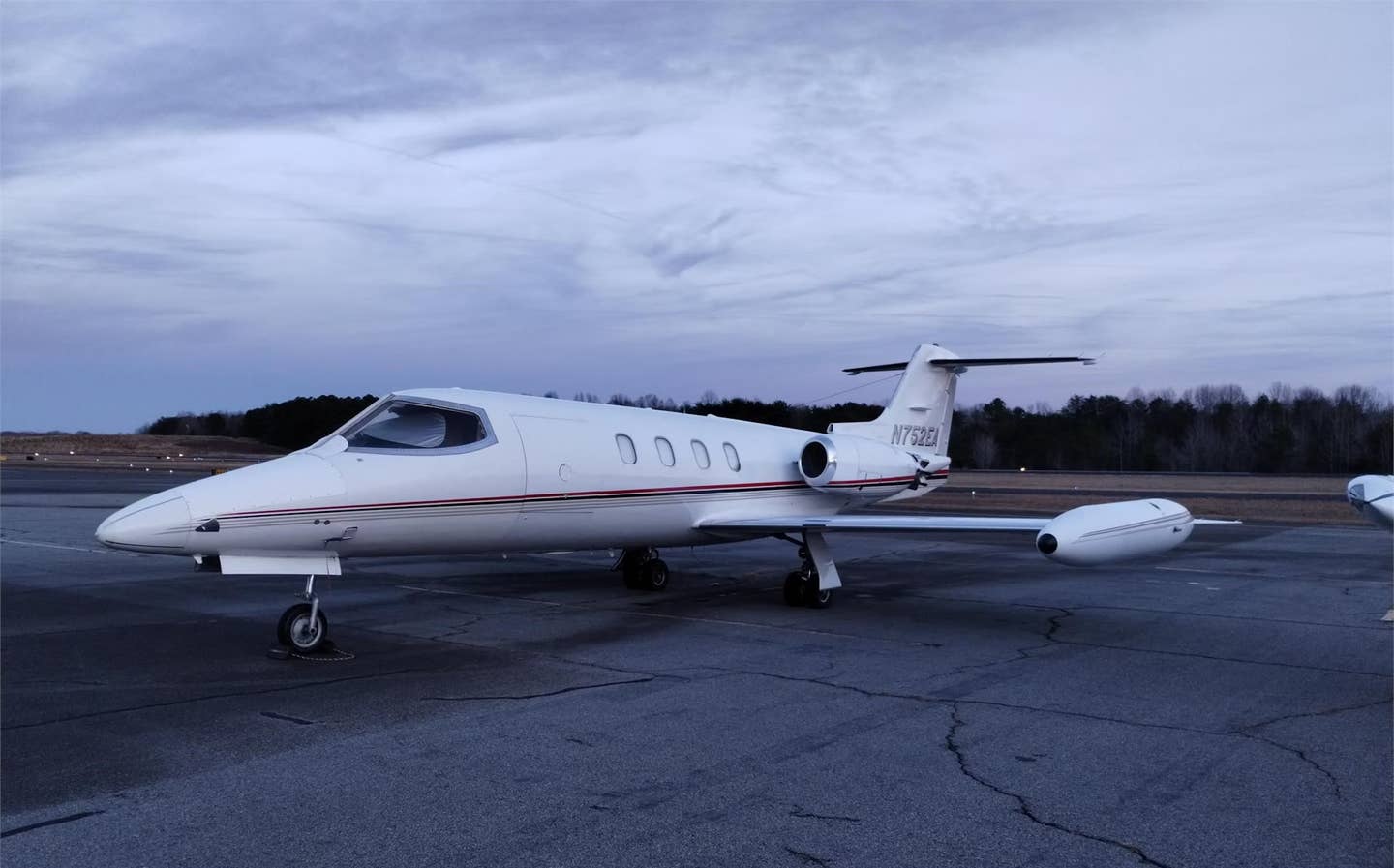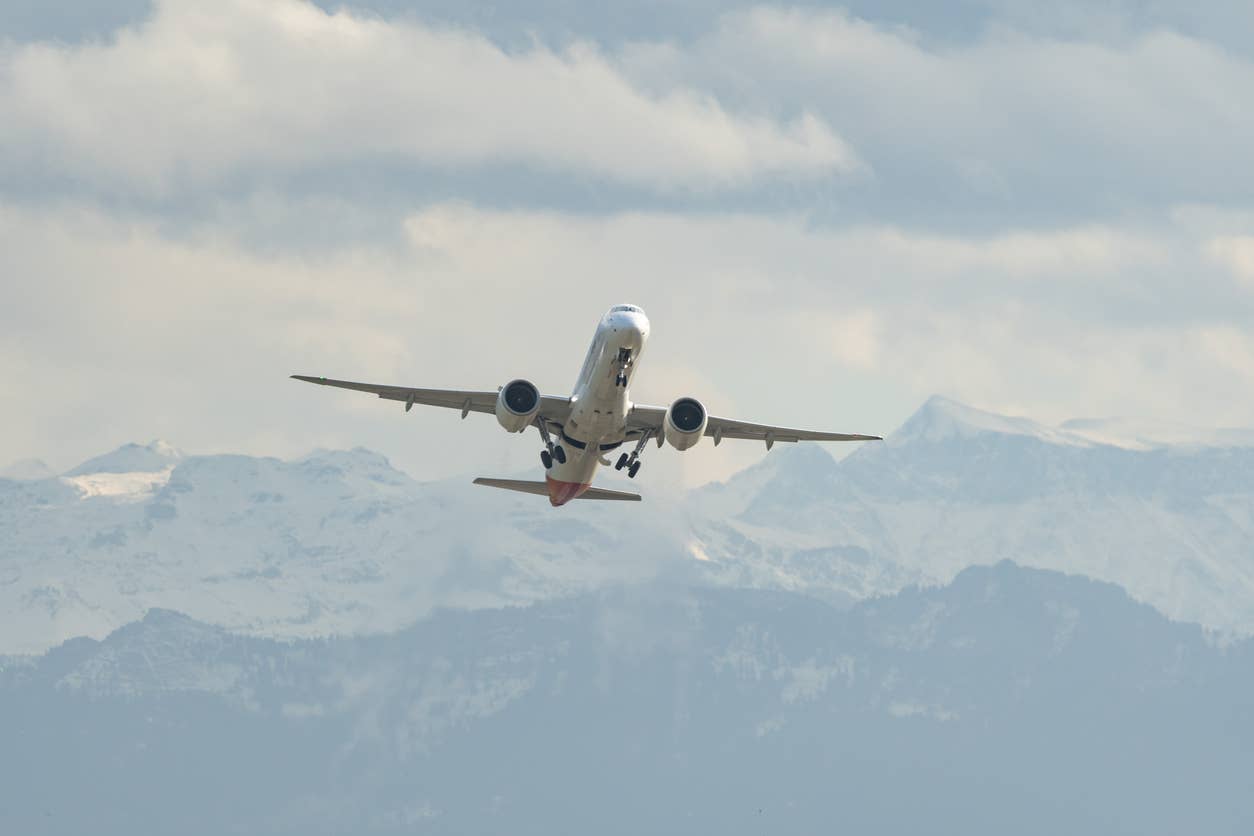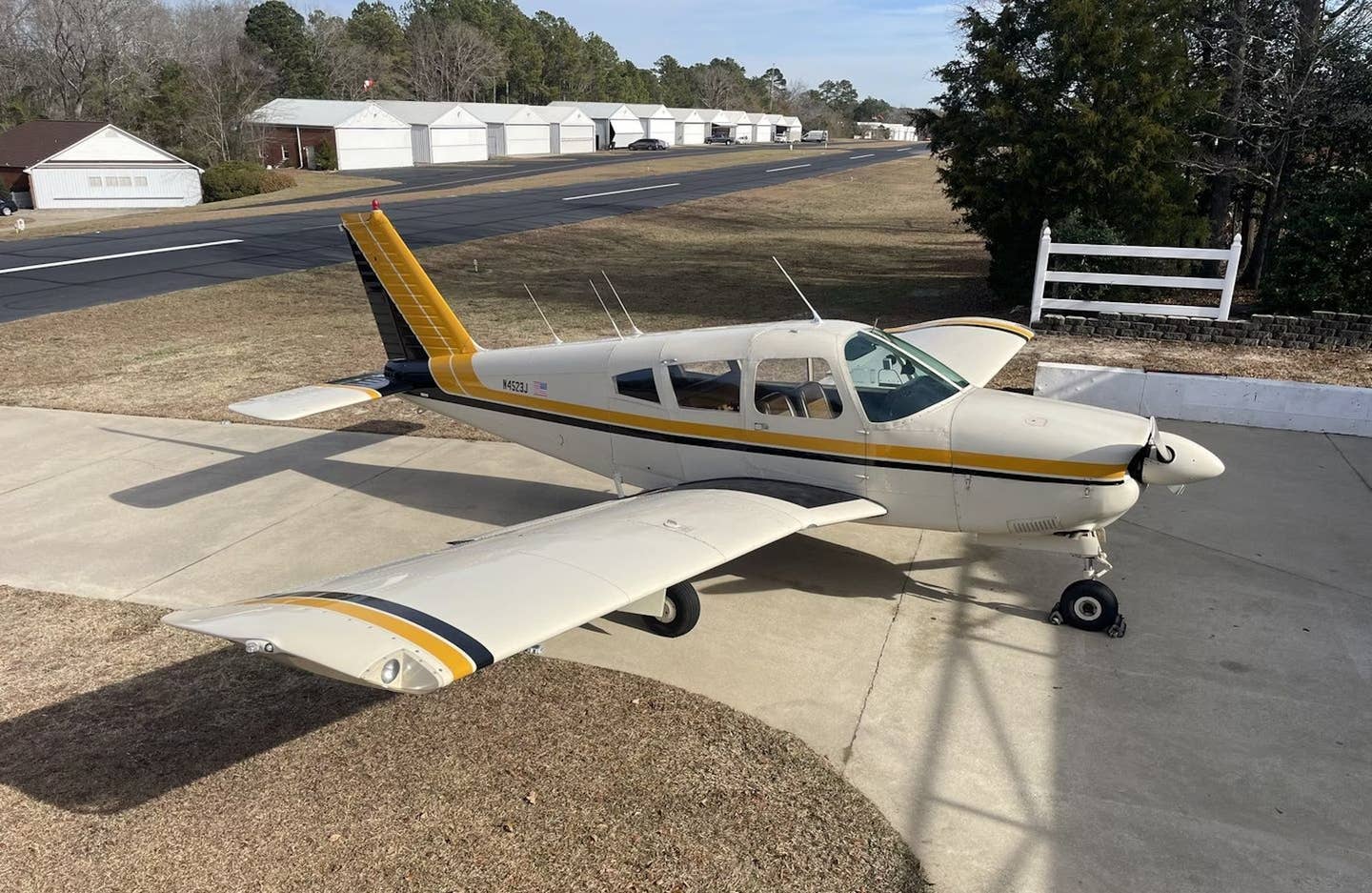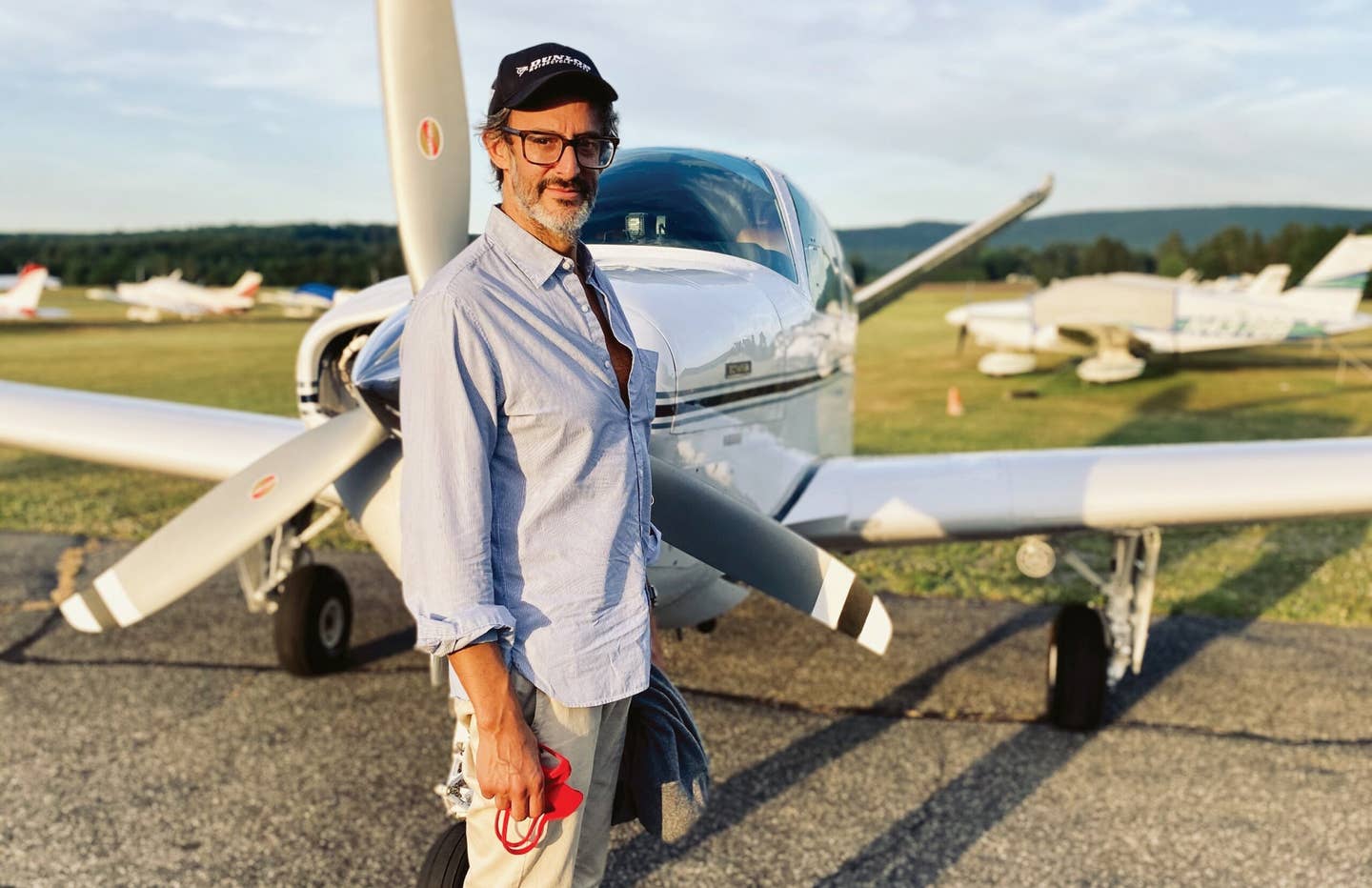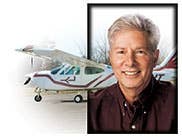
The New York State legislature insists it has taken a major step to ensure its citizens are safe from terrorist attacks. But it's a misstep. Alerted to the passage of Assembly Bill 2122, which would make background checks mandatory for anyone wanting to take flight lessons in New York State, I contacted Governor Pataki's office explaining why I felt he should veto the bill. I wasn't alone in trying to point out the folly of his signing legislation that would do nothing to improve homeland security, but would only further harm an industry still reeling from the effects of rules promulgated after 9/11 that are more window dressing than deterrent. To the general public, these window-dressing measures may appear to be effective in deterring the evil-doers, but their only effect is to waste money, and result in otherwise law-abiding pilots being cited for violating TFRs that in many cases are moving targets and last minute pop-ups. Now, New York State has joined the mob after the blood of general aviation. My messages to the Governor were not acknowledged and my pleas were not heeded. But I got a note from a friend, Sarah Hanlon, who had written Patrick Manning, our local New York State Assemblyman, arguing against the bill. She sent me a copy of his response. Dear Ms. Hanlon, Thank you for contacting me with your concerns regarding Assembly Bill A.2122. Please be assured that I am aware of this legislation and understand the impact it has in relation to those requesting flight school instruction. Considering all aspects of an individual's personal right to privacy is very important when dealing with legislation such as Assembly Bill A.2122. After the events of September 11, 2001, and more recently the foiled terror plot in London to blowup passenger plains [sic] using liquid explosives, I believe background checks for individuals requesting flight school instruction is vital to our national security. From his response to Sarah, I felt he really didn't understand the situation and so I sent him an e-mail of my own. In it I suggested there could be serious economic losses to flight schools in New York with students opting to cross the border to Connecticut or New Jersey for training. I also pointed out that training airplanes do not make good implements of terror and perhaps he should take an introductory flight lesson to see what general aviation is really all about. He wrote me back. The first paragraph was exactly the same that he had written to Sarah, but the rest of the letter was in obvious response to what I had written: As you cite in your correspondence, airplanes used for flight school instruction are low performance and cannot be used to transport sufficient amounts of material to conduct a terrorist attack. You also cite that these aircraft are not structurally sound enough to be used as flying bombs. Like you, I agree that [it] is highly unlikely for any plane used in flight instruction to be used in a terrorist attack. I support this legislation as it relates to the identity of the individuals being trained, not the aircraft used in training. Simply checking to see if someone is a United States Citizen before they receive flight training is not enough. We can't forget that terrorism can be homegrown as [was] proven in the cases of Timothy McVeigh, John Walker Lindh, and Jose Padilla. All these men were United States Citizens and terrorists who could have received flight school instruction without this legislation. It is my belief that the American public understands the need for this legislation. Further, I believe that New York State is taking a lead role in the fight to ensure those bent on killing Americans never obtain the knowledge or tools needed to implement their sinister plans. I am fighting to have this legislation introduced on the federal level. This will greatly enhance our national security by not allowing individuals to obtain flight school instruction in alternative states simply to avoid background checks. I truly believe that future pilots are driven people who will not abandon their dreams due to something as simple as a background check. Like you, I wish there was no need to run background checks on those applying for flight school instruction, unfortunately the need clearly exists. I would love to speak with you regarding any additional concerns and take you up on your offer for an introductory lesson. I called Manning's office and explained that my schedule was probably more flexible than the Assemblyman's and I would take him for a flight at his convenience. A short time after my call, Manning lost the primary for his reelection bid and a news story came out that he was donating bone marrow. I haven't heard back from his office. On June 22, 2006, the assembly passed the bill by a vote of 142 to 1 and sent it to the Governor for his signature. The Governor sat on the bill until the very last moment and finally signed it on August 16, 2006. In signing the bill, Governor Pataki said his signature on the bill was a tribute to the victims of the terrorism of September 11, 2001. In a statement the Governor said, "We'll now have the vital information that can help prevent people harboring bad intentions from gaining access to this critical knowledge …". I doubt that a criminal background check on any of the hijackers from 9/11 would have raised a red flag. And what's to say a terrorist will have a criminal record. Despite Manning's warning of "homegrown" terrorists, I don't think a background check would have flagged Timothy McVeigh or John Walker Lindh and prevented them from taking flying lessons even with this legislation.
According to the new law, "Any aeronautical facility, flight school or institution of higher learning shall request and is authorized to receive from the Division of Criminal Justice Services criminal history information concerning each new and prospective applicant for flight instruction, and to consider such information in accordance with article twenty-three-A of the correction law … "An applicant to an aeronautical facility, flight school or institution of higher learning shall be disqualified from receiving air or flight instruction if, after reviewing criminal history information on the applicant and applying the criteria set forth in article twenty-three-A of the correction law, the commissioner of the Division of Criminal Justice Services or the authorized official of the aeronautical facility, flight school or institution of higher education determines that the individual should not be permitted to receive such instruction." I have a couple of serious problems with the law. It doesn't read as if independent flight instructors are included in the list of training providers the bill addresses. The law states that the commissioner shall "within 15 days after receiving a request for criminal history information …" review the information and determine whether "clearance for such instruction shall be granted or denied …". Even the TSA in its alien student program is more lenient and allows prospective students who want to train in airplanes that weigh less than 12,500 pounds to begin their training as soon as their fingerprints and documents are received by the TSA and before the TSA determines their eligibility for training. I can't tell from the way the law was crafted what "training" is covered. The act appears to address additional flight training and even recurrent training and biennial flight reviews for a student not previously enrolled at a school when it indicates that the training provider is authorized to receive the criminal history information concerning each new and prospective applicant for flight instruction. And then, there's the question of what will constitute criminal behavior that would disqualify a student. I downloaded Article 23A. It wasn't much help. Basically, it states that "unfair discrimination against persons previously convicted of one or more criminal offenses is prohibited." It does say there are exceptions and that's where the bill becomes troublesome. First, permission won't be granted if "there is a direct relationship between one or more of the previous criminal offenses and the specific license or employment sought …". Okay, so if a candidate has been convicted on an act of terrorism, he'll be denied permission to take flying lessons. But the second exception is even more worrisome. It states, permission will be denied if "the issuance of the license or granting of the employment would involve an unreasonable risk to property or to the safety or welfare of specific individuals or the general public." To me, that seems pretty arbitrary and it begs the question, "What criminal activity would be an indication that the individual poses an 'unreasonable risk' of being a terrorist?" Then there's the question of the effect on flight schools in New York State. The assemblyman Patrick Manning wrote: "I truly believe that future pilots are driven people who will not abandon their dreams due to something as simple as a background check." It's not the background check that will put students off, but the fact that they'll have to wait for the Division of Criminal Justice Services to determine their eligibility so they can begin training. No, they may not abandon their dreams, they'll just go elsewhere to fulfill them. This isn't the first time a state has tried to usurp the powers of the federal government. In 2002, Michigan passed a similar law requiring background checks, but it was less restrictive. The Aircraft Pilots and Owners Association (AOPA) contested Michigan's law in federal court but the lawsuit was dropped after Michigan Governor Jennifer Granholm repealed the law. AOPA is again taking up the cudgel, this time against New York's law. Whether the law is overturned or not, I find it scary that a state legislature voted 142 to 1 for a law that will do nothing to make anyone safer, but only make it harder for flight schools in New York to attract students. Unless we're vigilant-and do a better job of making our case-general aviation will continue to be a target of politicians and pundits trying to look like they're making a fearful public more secure.

Subscribe to Our Newsletter
Get the latest FLYING stories delivered directly to your inbox

